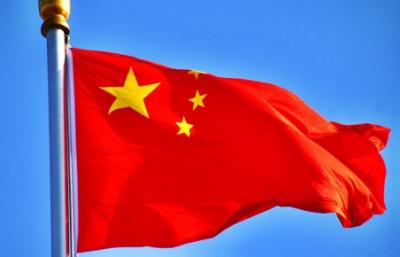As mystery around Chinese billionaire Jack Ma grows even as he has been spotted playing golf at the secluded Sun Valley Golf Resort in Hainan island, the Chinese private sector is developing cold feet as President Xi Jinping has underlined the ethos of “common prosperity.”
“This is happening at a time when the country would need private sector investment the most to battle the impact of the coronavirus pandemic,” a foreign policy analyst on condition of anonymity said, adding that the incidents relating to Alibaba group and its affiliate Ant Financial will have far reaching implications.
The analyst said that the sudden disappearance of Ma is essentially a message that the Chinese private sector is under the constant watch of the government. Earlier this month, Ma’s name was missing from the list of top entrepreneurs. The Shanghai Securities News, in an article listed the names of eminent businessmen in the country but Ma found no mention.
Importance of a private sector
Though China managed to contain the spread of the coronavirus pandemic and even posted a 2.3 per cent growth for 2020, it is struggling to find employment for its 8.74 million students who passed out last year. This is a record high number– about half a million more than 2019. The public sector has increased its hiring activities to address the problem. However, an overall decline in employment especially in the private sector, which accounts for 80 per cent of the urban jobs has become a cause for concern.
Last year in September, a report carried by South China Morning Post noted that Xi in a meeting with the private entrepreneurs of the country, gave them an assurance that “they are a key part of the nation’s ‘socialist market economy’. However, analysts said that there is a rising sense among the private sector and even foreign investors that they need to be aligned to the state. The SCMP in the report noted that Xi asked the private sector to unite around the Communist Party, while assuring them of their importance to the country.
According to a study by the Peterson Institute for International Economics (PIIE), private firms in China produce about two-thirds of China’s output and the disproportionate losses of the private sector were among the biggest causes of China’s historic GDP contraction of 6.8 per cent in the first quarter of 2020.
“It is almost certain that unequal access to credit in the private sector, which slowed production and thus weakened revenue growth and private investment, was among the most important factors at play,” the study noted.




















